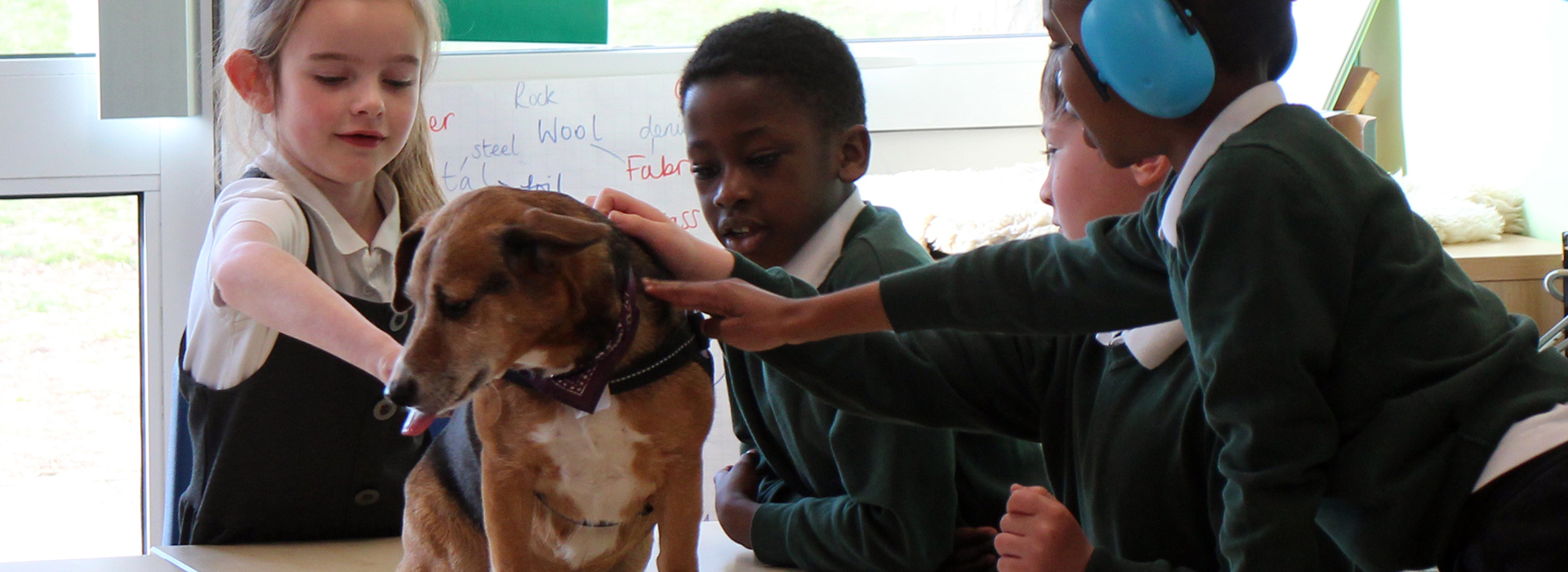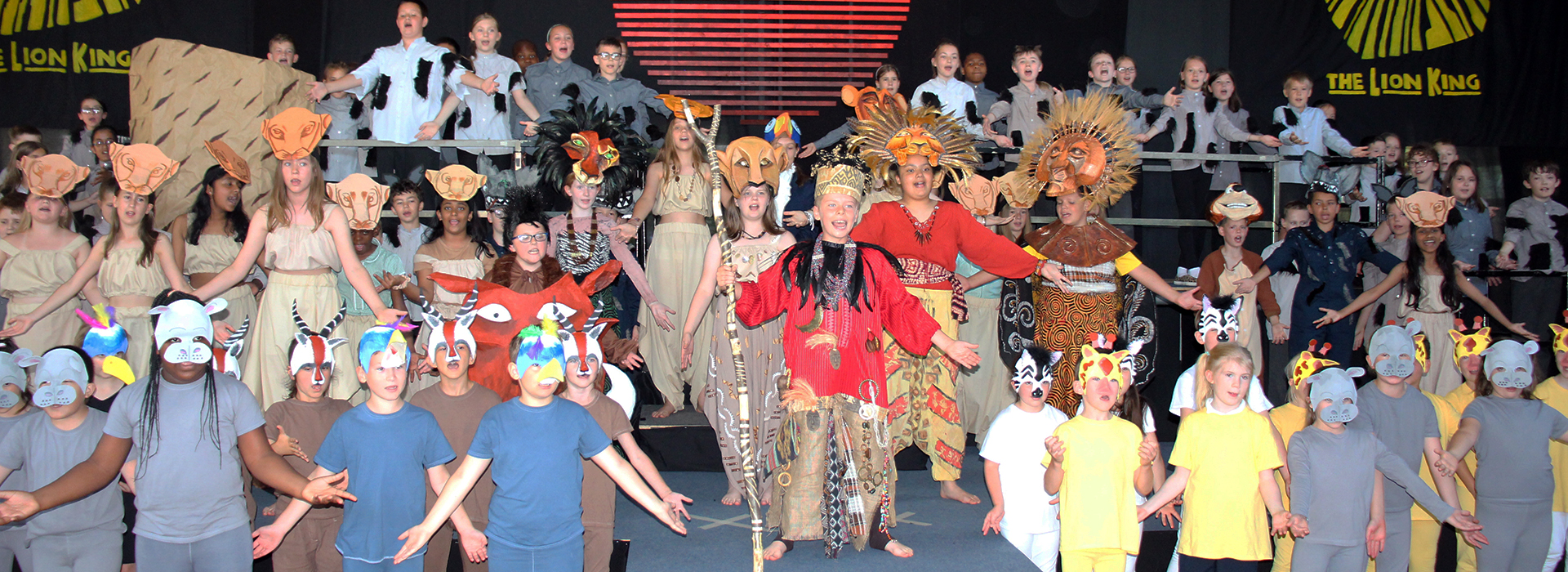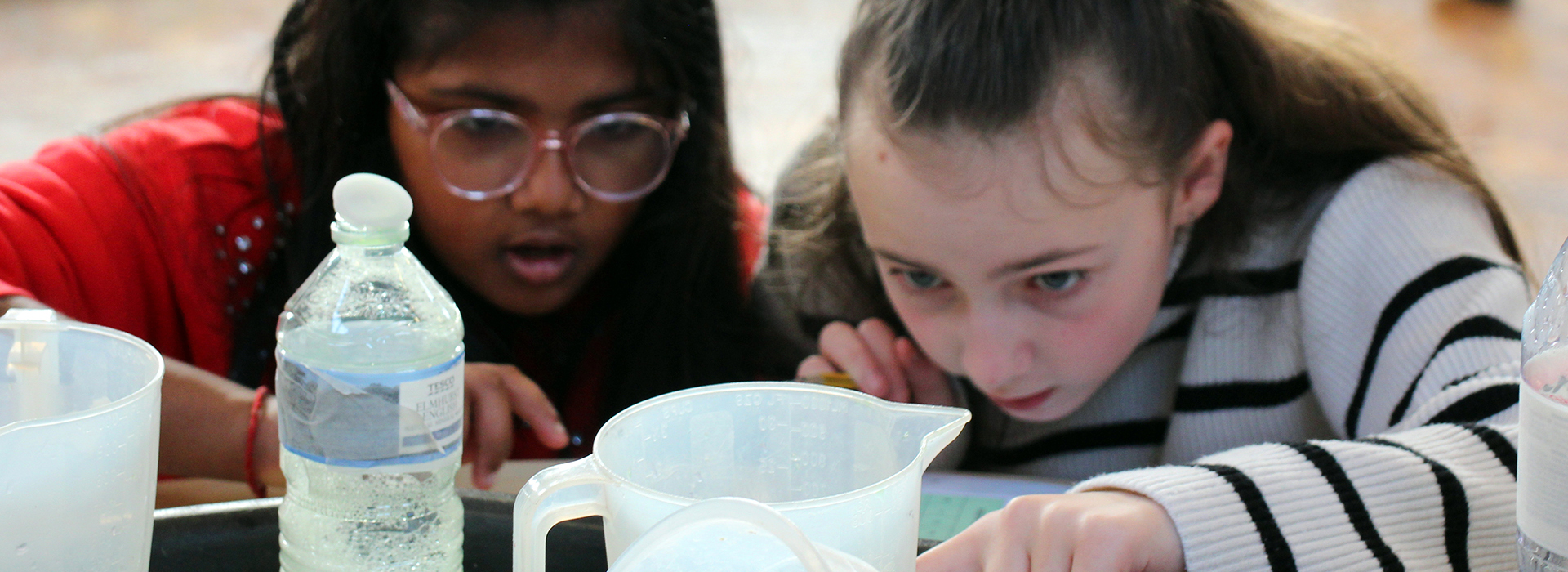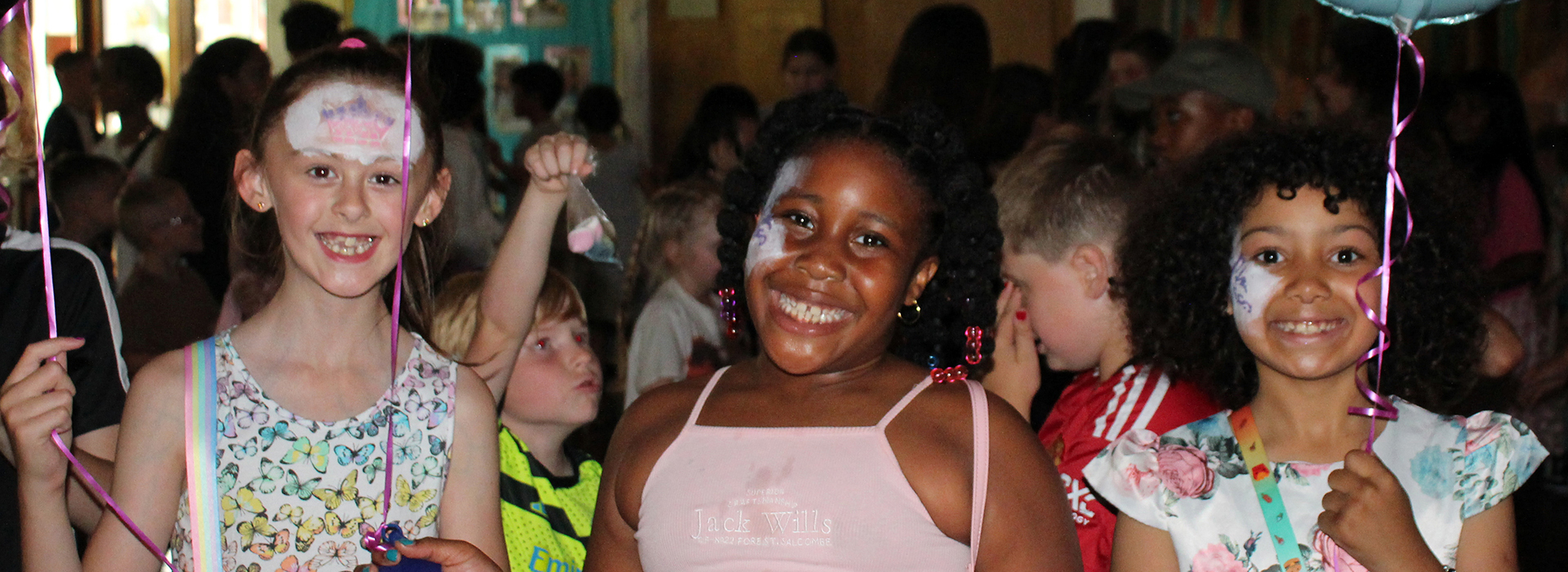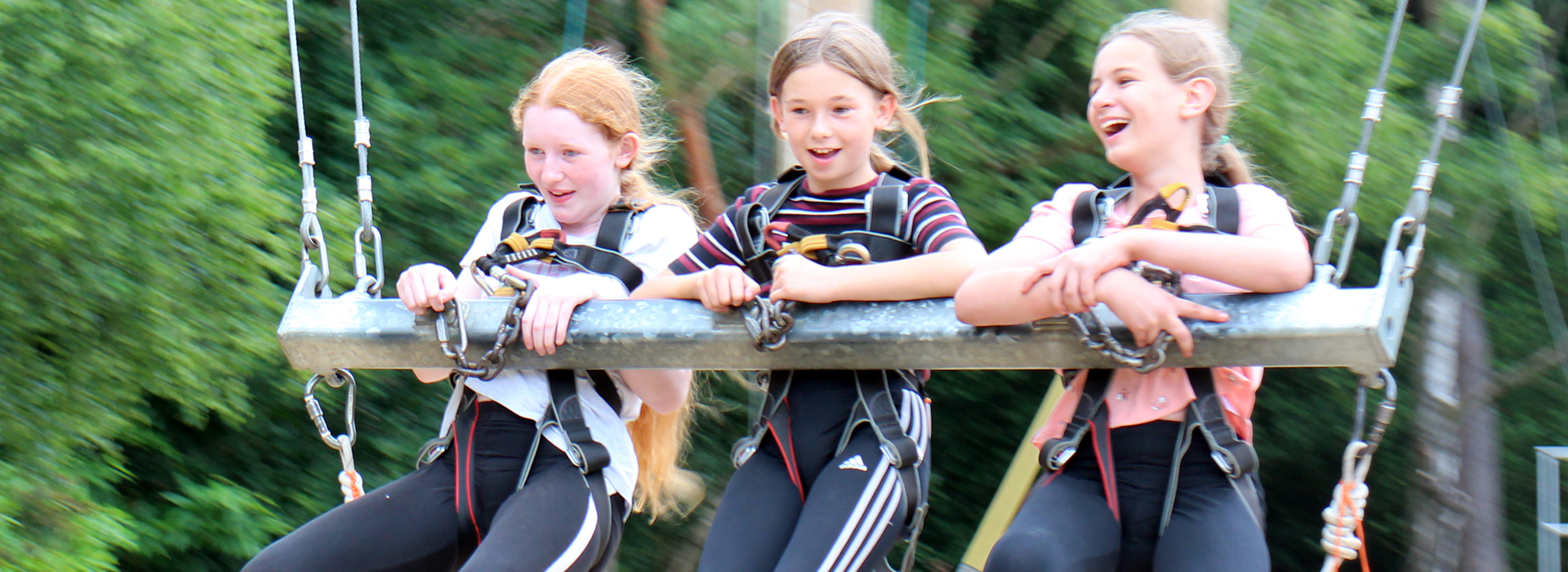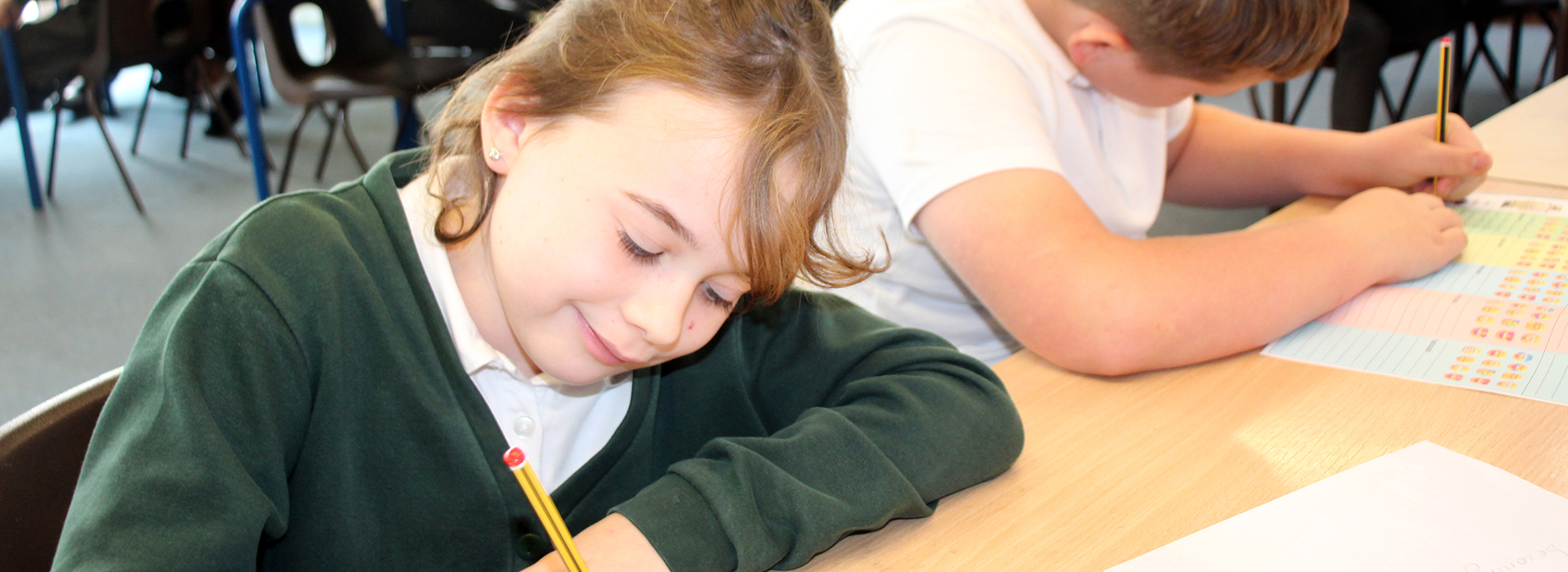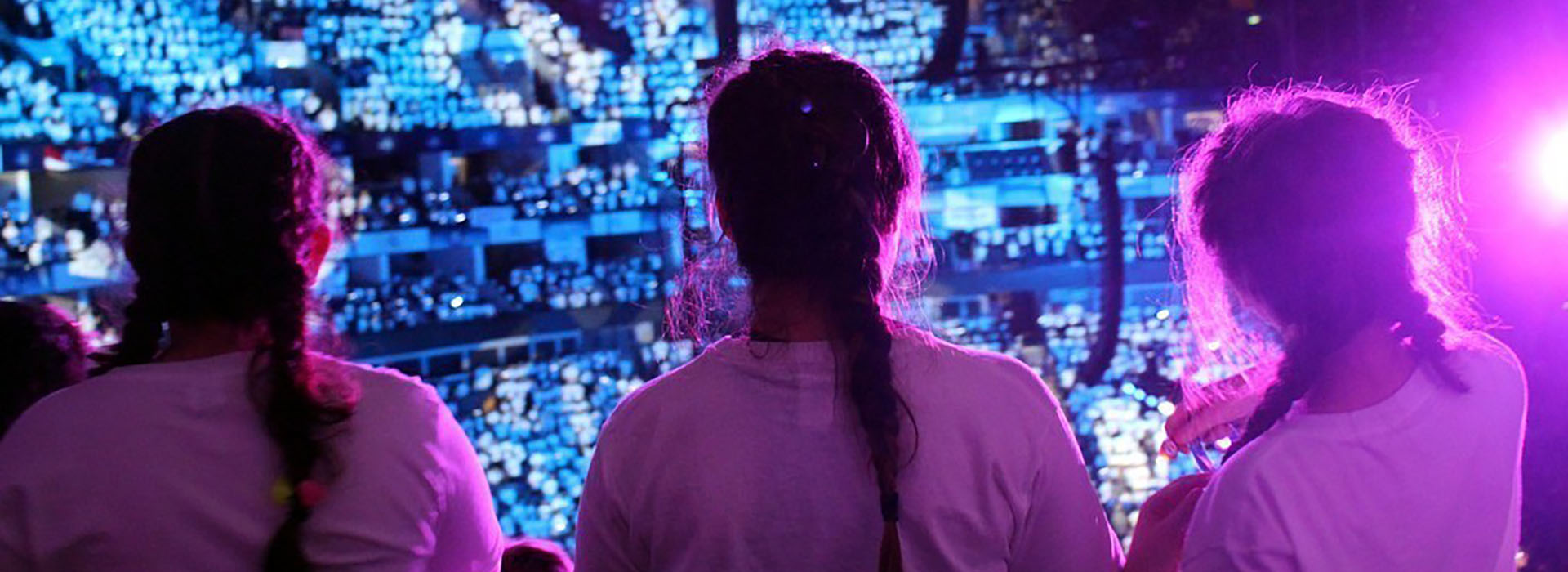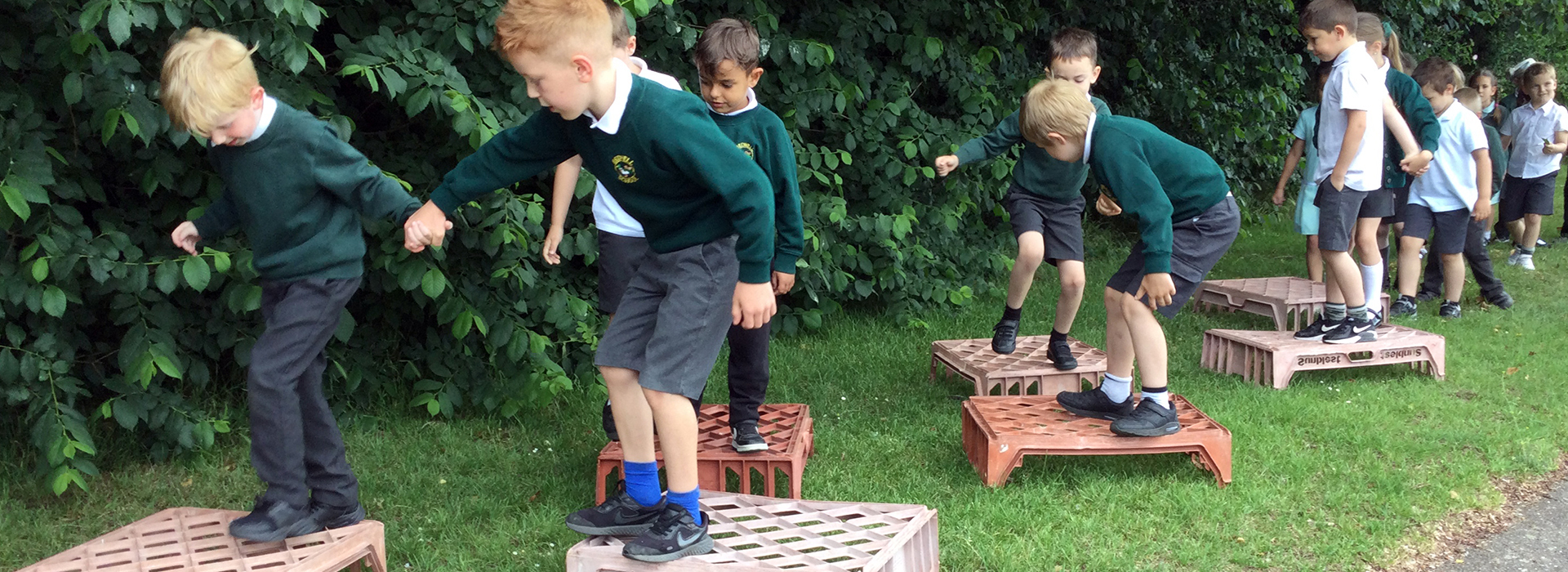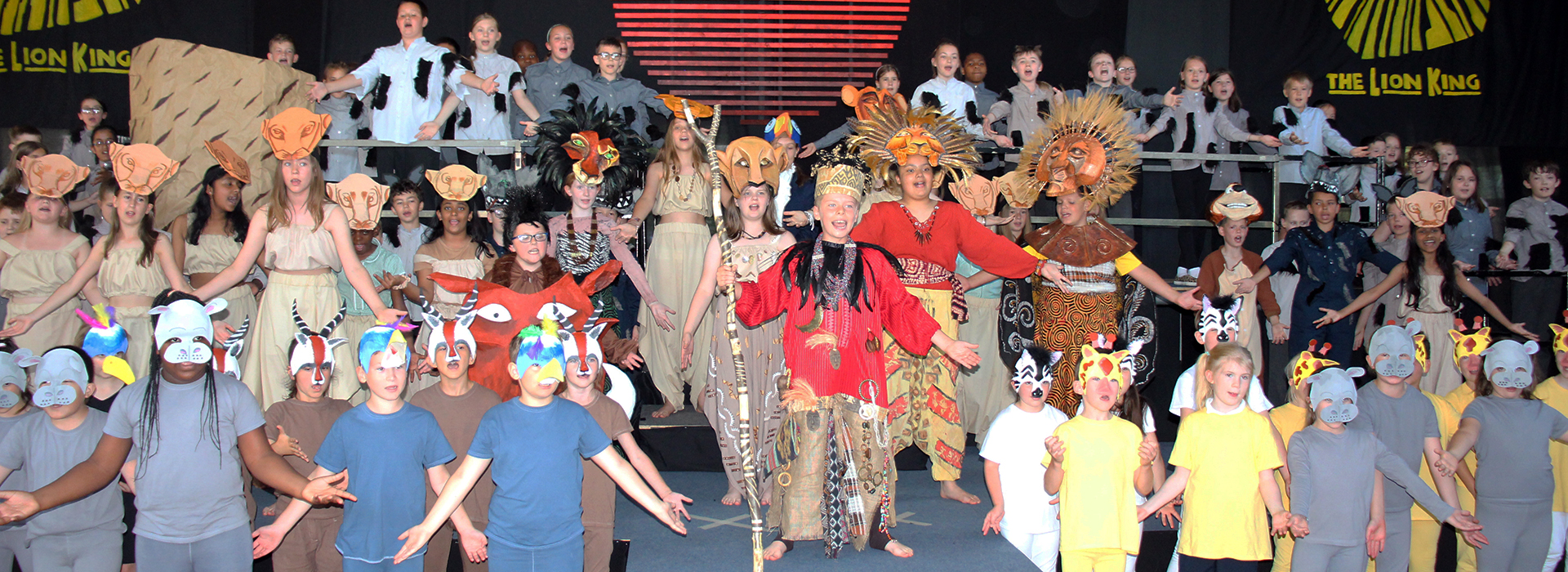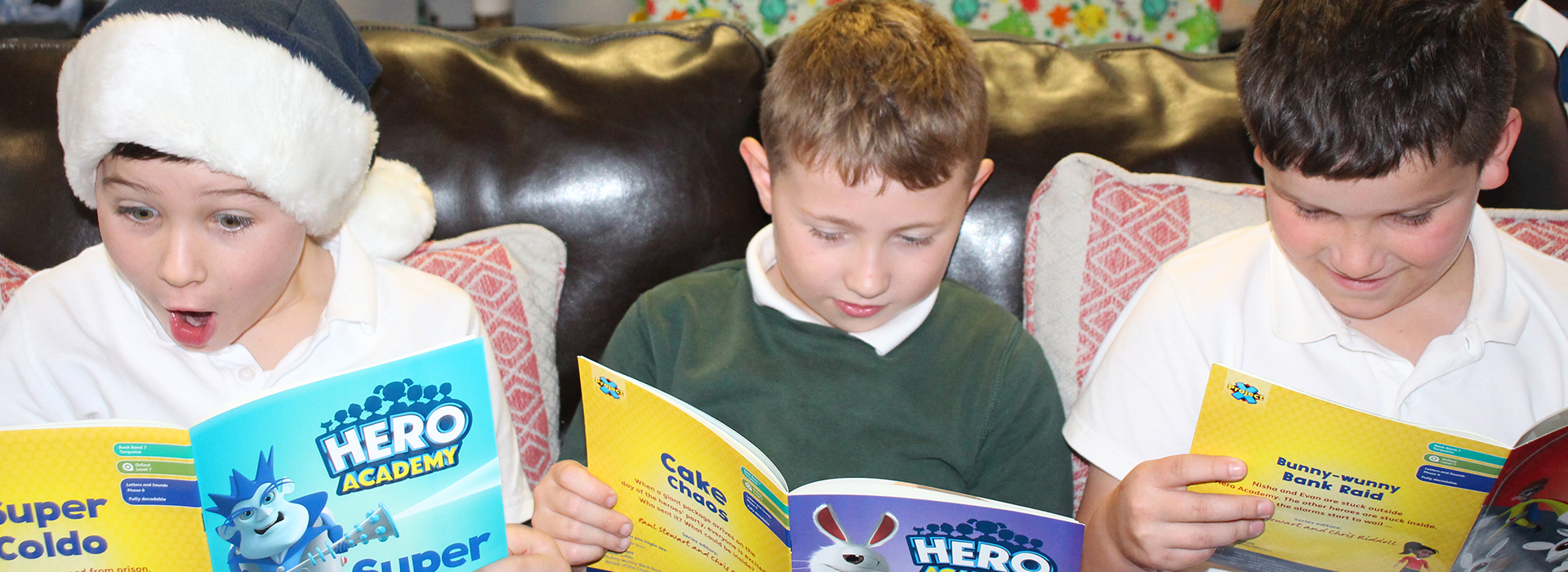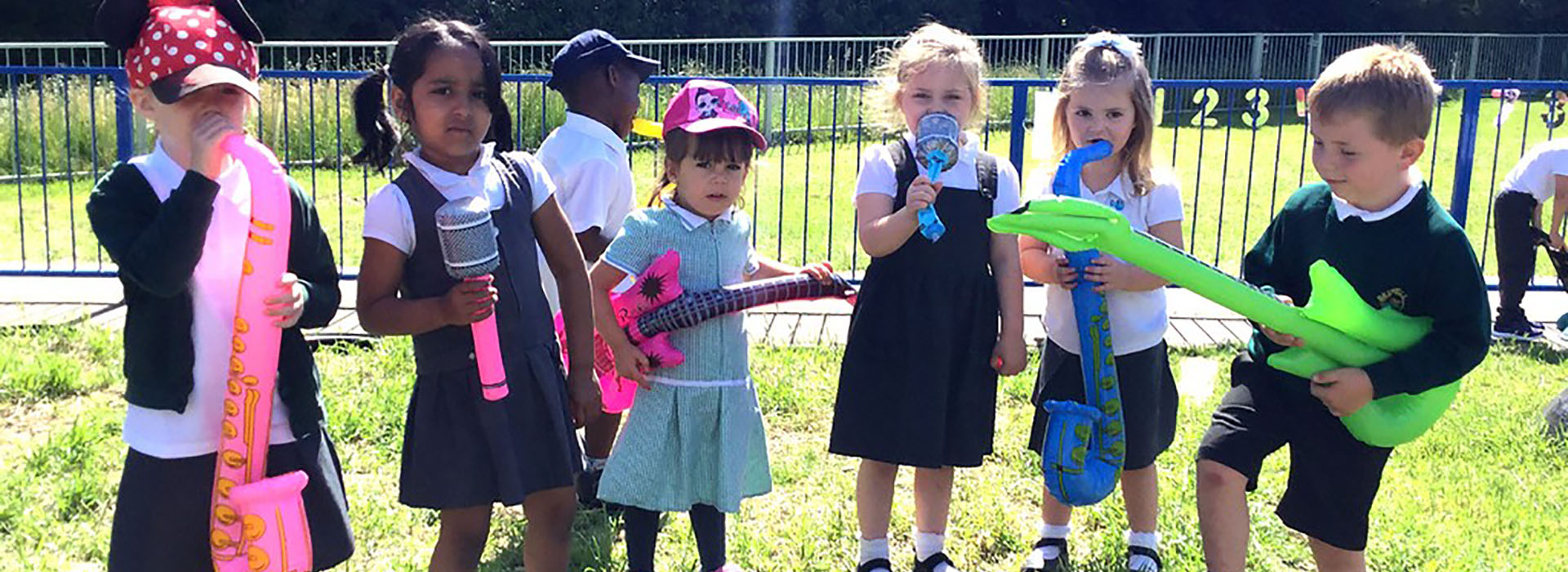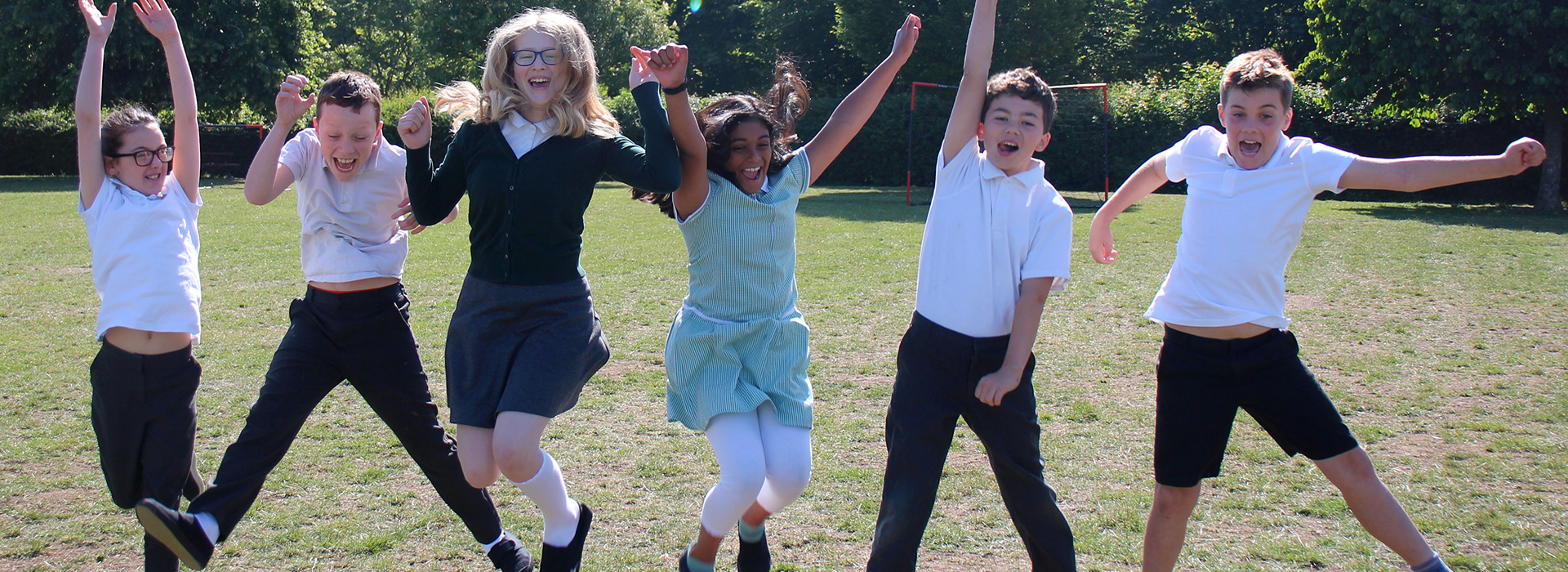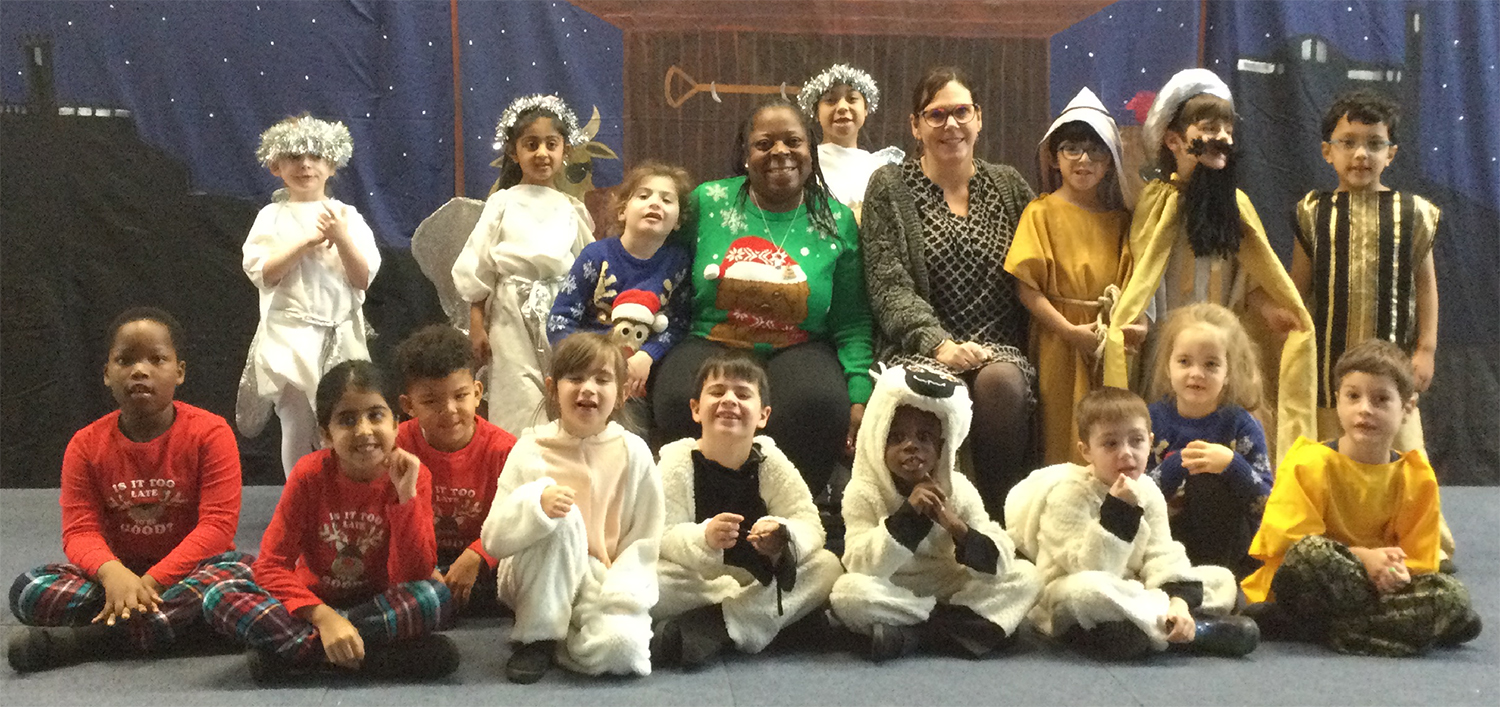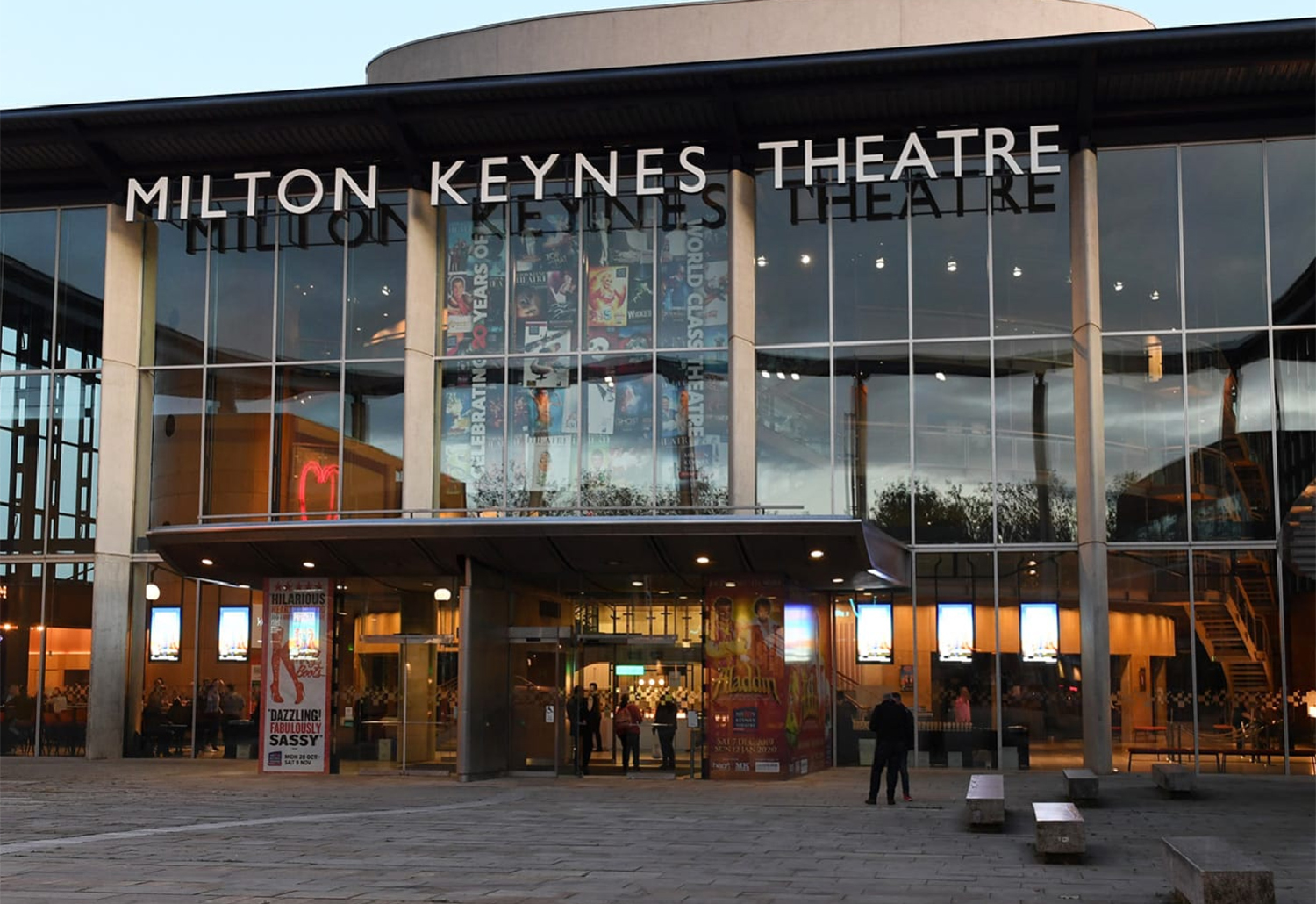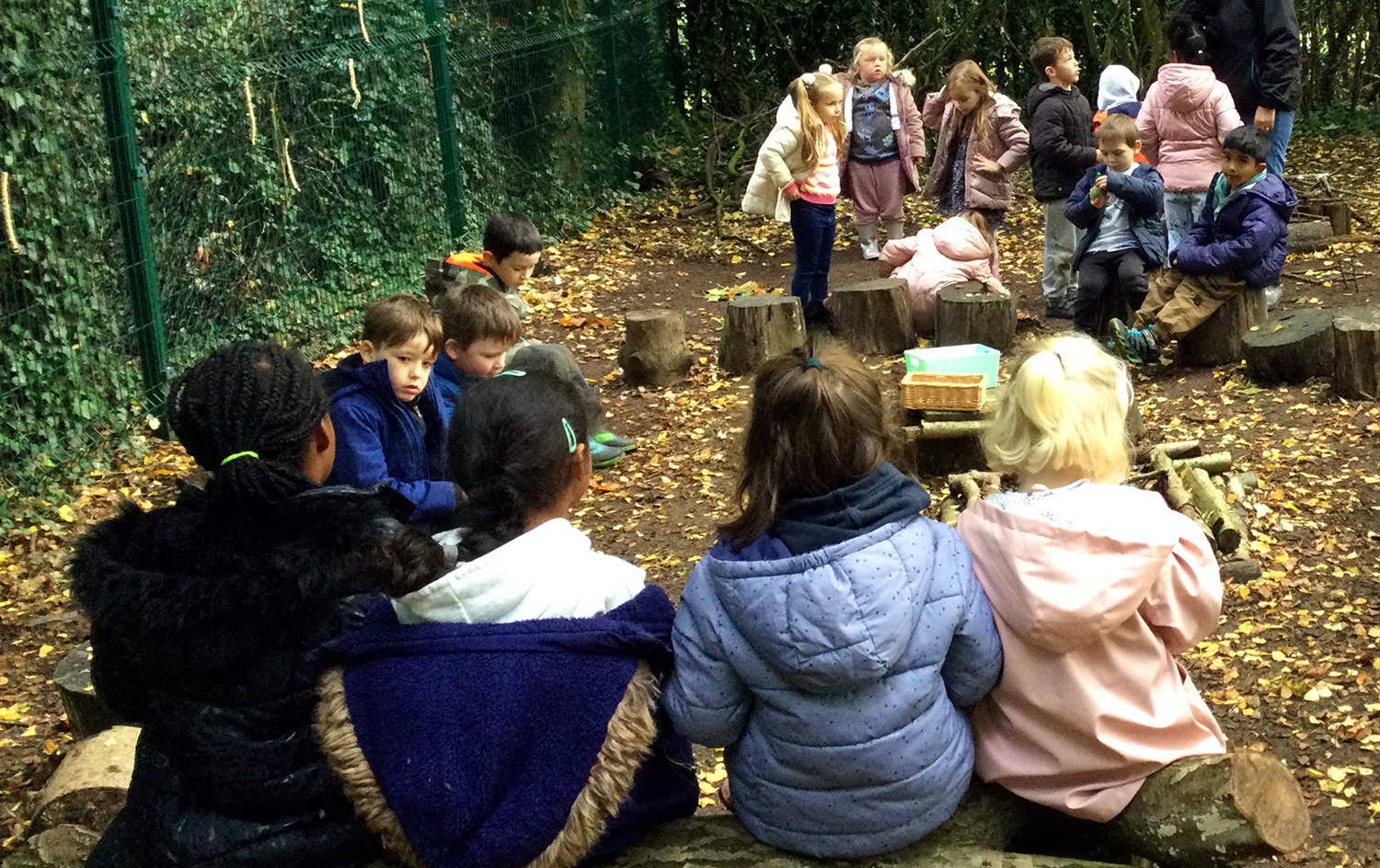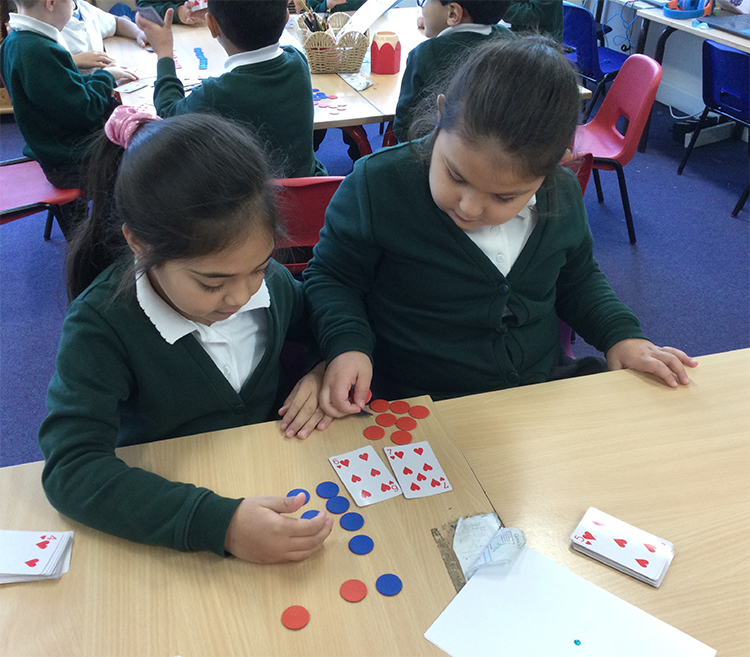This term's topics
English - Our first unit of the term is based around the story Stanley's Stick, by John Hegley. We will write speech bubbles for characters in the story, and will then develop our ability to retell it in a variety of ways, including making mini-books to bring home. After that, we will create our own versions of the story, where we are the main characters! Following on from this, we will be shifting our focus to recounts, using the stories Ravi’s Roar and Ruby’s Worry (both by Tom Percival) to inspire our work. We will think about times in our lives when we had ‘roars’ or worries of our own and will retell these events in a series of sentences written in the past tense.
Maths - We will continue to cement our understanding of numbers greater than ten this term, working out how many tens and ones there are in each number and representing this in a variety of different ways. We will also be identifying which of these numbers are odd or even, and exploring doubling and halving. By using different methods, equipment and strategies, we will become more fluent in our number knowledge, and will then be able to use this to help us to reason about numbers and solve problems. Later in the term we will be moving on to explore the properties of 2d and 3d shapes, learning their correct mathematical names and spotting these shapes in the world around us.
Science - We will be exploring the different places where animals live and thinking about the ways in which they are adapted to suit that habitat. We will investigate the things that they eat, the way that they protect themselves and the types of homes that they make. We will focus in particular on seaside habitats and the creatures that we find there.
Humanities - We will be learning all about life in India this term. It’s a huge, diverse country, so we will explore the different landscapes and habitats, from the Himalayan mountains of the north to the rainforests and deserts of the west to the bustling cities of Mumbai, Delhi and Kolkata. We will investigate food, clothes, music, schools and homes, and begin to compare life in the UK with life in India. Throughout the topic we will also be developing our map skills, locating India (as well as the UK and the seven continents) on a variety of maps and globes.
Take a look at our curriculum map for more information on our topics.
